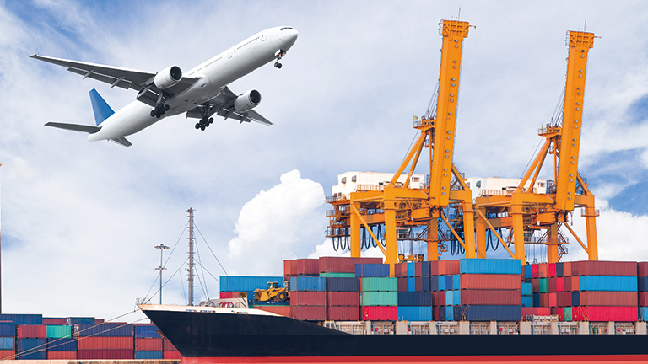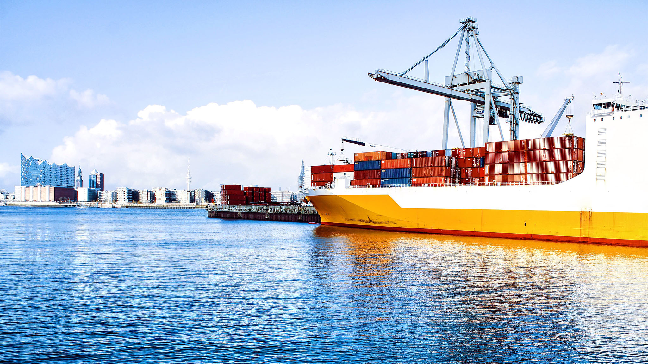I. Know the break bulk vessel
The term break bulk vessel refers to industries where goods are transported in combined form, such as pallets, bags, bundles, drums and crates, as shown below, as well as non-combined general cargo (vehicles, steel, etc.). Vessels carrying these bulk cargoes are called break bulk vessels, multipurpose vessels or general cargo ships and come in a variety of sizes and types such as single-deck, double-deck, and box containers. Cargo can be loaded below deck, on deck or between decks (middle deck). In a break bulk vessel or multipurpose vessel, the cargo may belong to different customers, no dedicated berths or docks are required and can be operated from any free berth.

Vessels carrying these bulk cargoes are called break bulk vessels, ore vessels or break bulk vessels. Deadweight tonnage refers to the weight that a ship can safely carry. This includes the weight of the cargo, crew, materials, fuel, water, ballast water, etc. on board. If the total weight exceeds the shipyard's certified deadweight tonnage, the vessel may be at risk of sinking or damage.
A break bulk vessel has multiple holds, but only one deck, cargo can be loaded and transported as a single package, with goods in all holds for one customer or multiple packages, with goods in different holds for different customers. Since bulk cargo is mostly homogeneous, it may be necessary to use a dedicated terminal such as the Richards Bay Coal Terminal in South Africa for loading and unloading (note that the size of the break bulk vessel load varies).
II. There are two types of break bulk vessels
1. Gearless break bulk vessels mean that the vessels do not have their own cranes and/or other cargo handling equipment, which means that these vessels can only be berthed at quays with the required cargo handling equipment.
2. Gear-driven break bulk vessels mean having their own cranes and/or other cargo handling equipment, which means that these vessels can be docked at any suitable berth in the port for cargo operations.
Established in 2003, JCtrans Logistics Network is a global logistics network. Since its establishment, JCtrans has provided global networking services for freight forwarders and other logistics service providers through diversified services such as e-commerce and online public platforms, through online marketing promotion, transactions, settlement platforms, financial security, and credit systems.
JCtrans has rich resources in the domestic and foreign logistics trade industry and aims to create a centralized, safe and fast logistics transaction settlement platform. Traders can find freight forwarders on this platform to expand procurement channels, and freight forwarders provide global partners with logistics solution services and establish long-term cooperative relationships.

Last
Choose the Right Air Cargo Agency
I. Understand air cargo agencyIn global supply chains, timing and visibility are critical. The same goes for choosing the best fre

Next
The Benefits and Functions of Break Bulk Shipping
Break bulk shipping refers to the transportation of unpackaged granular, powdered and liquid cargoes using appropriate tools and e
